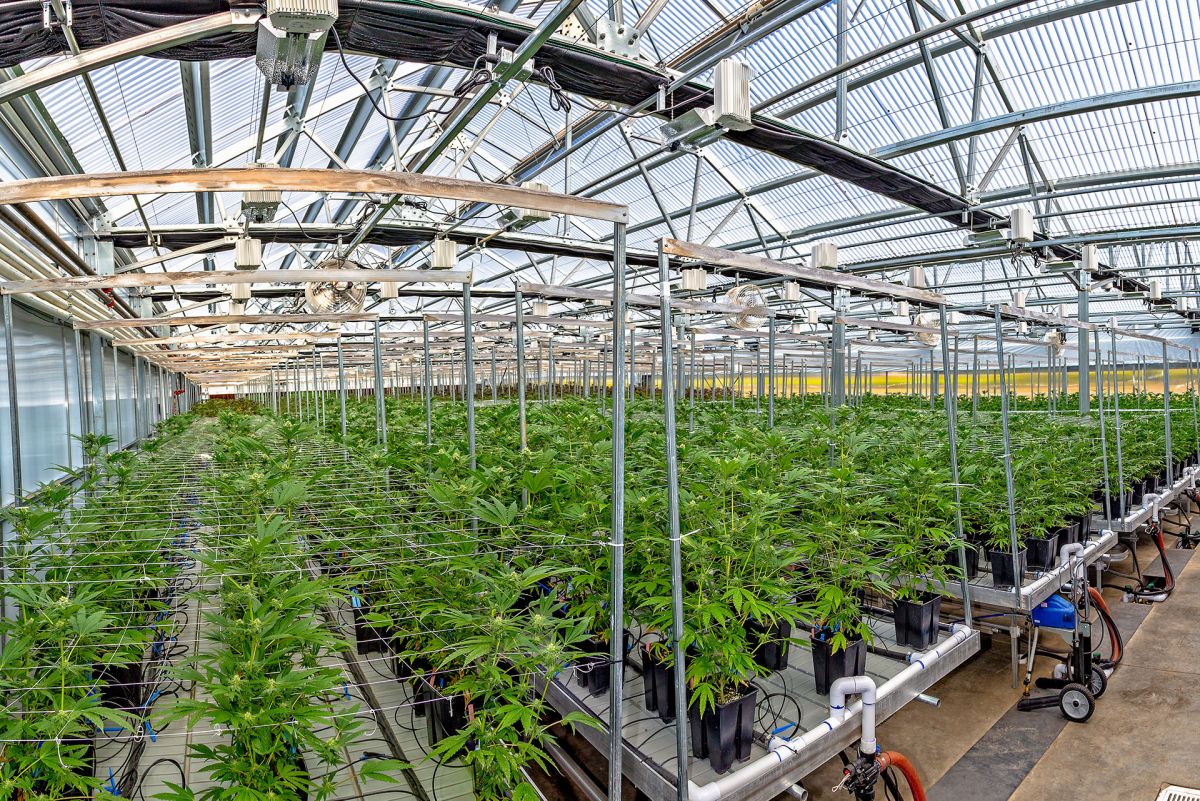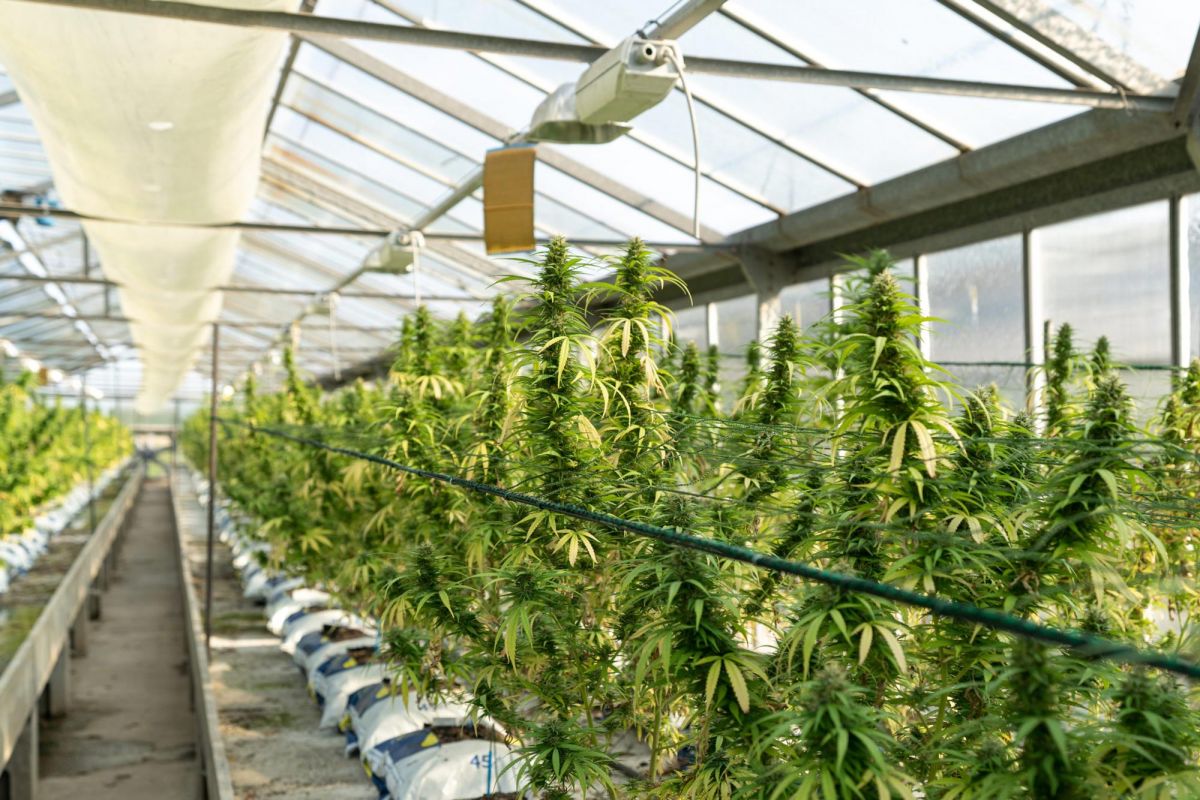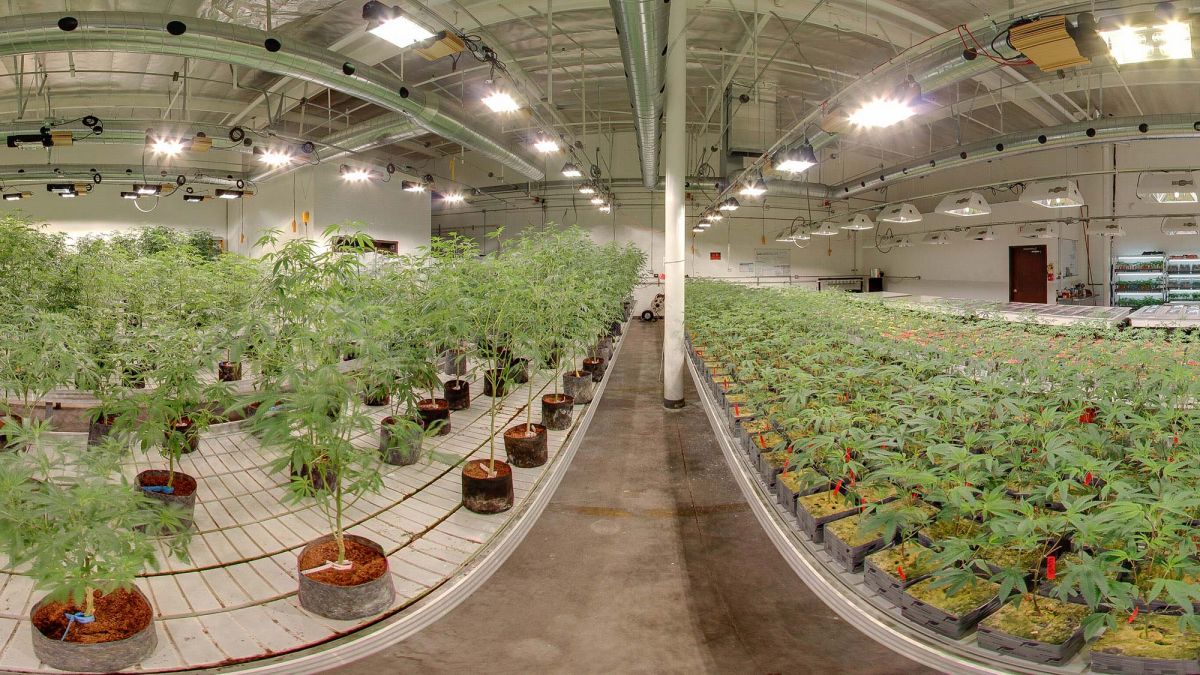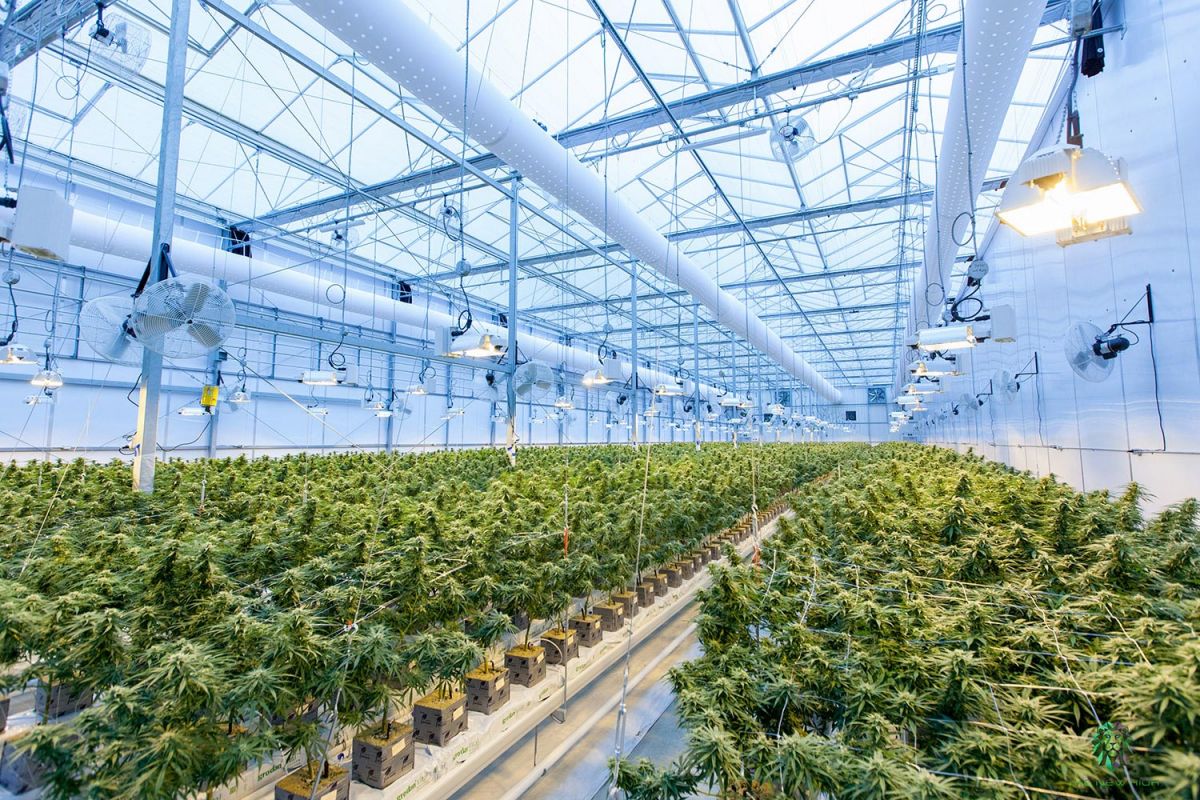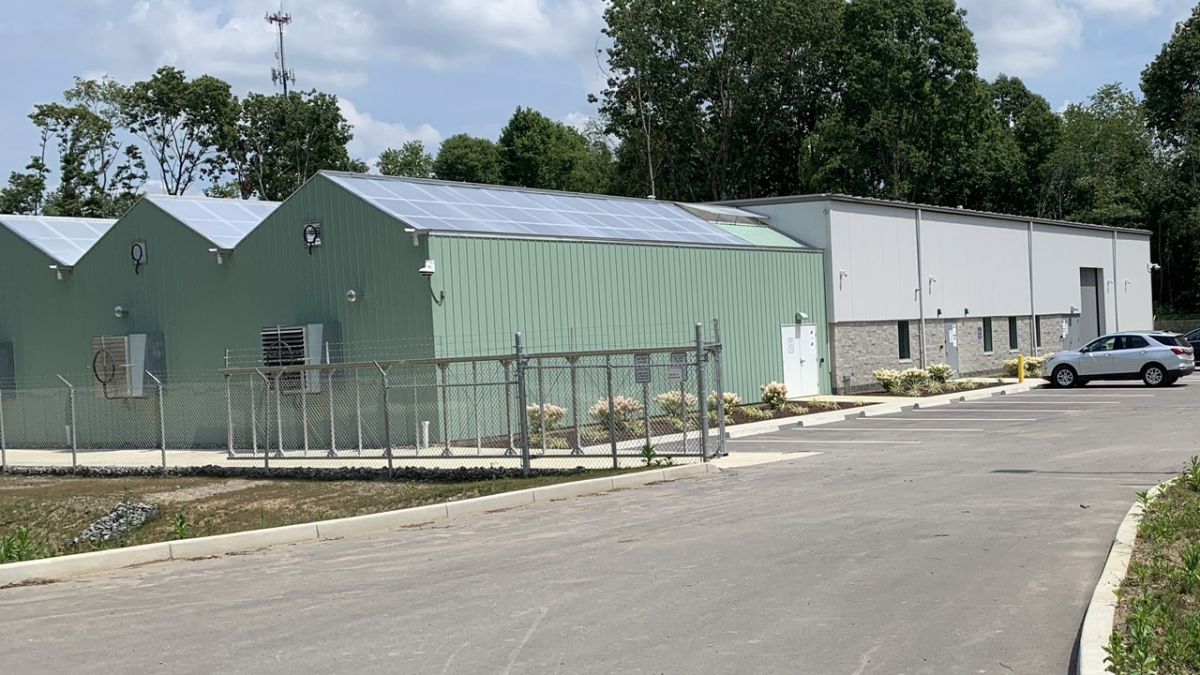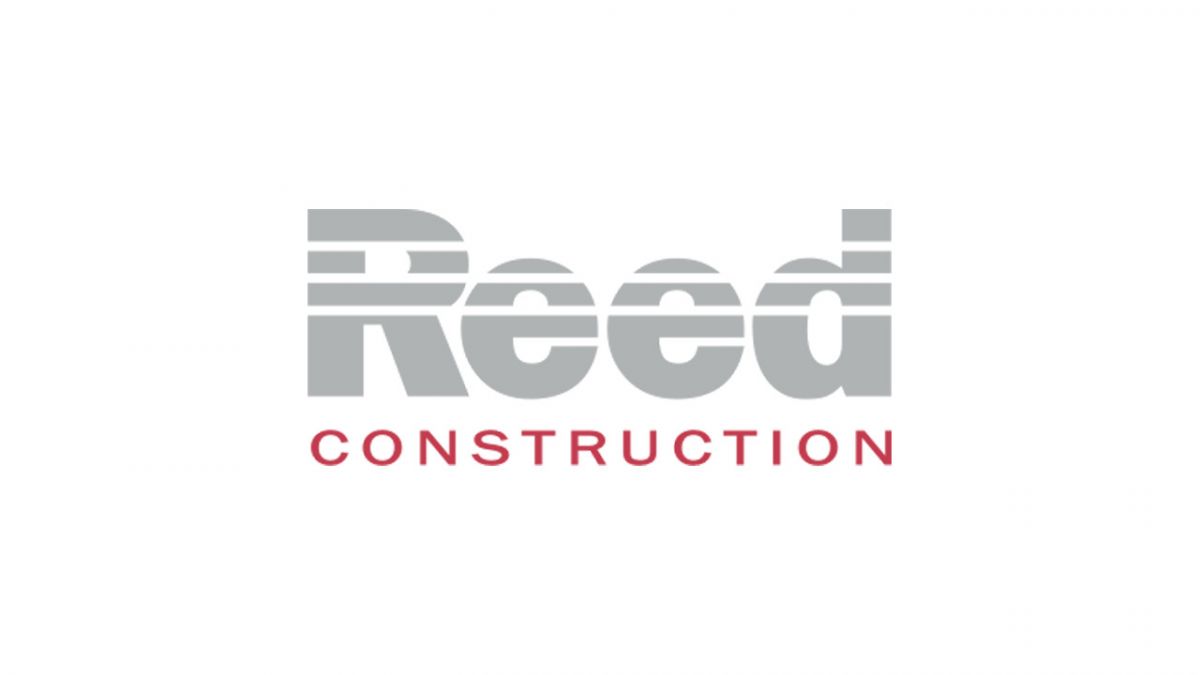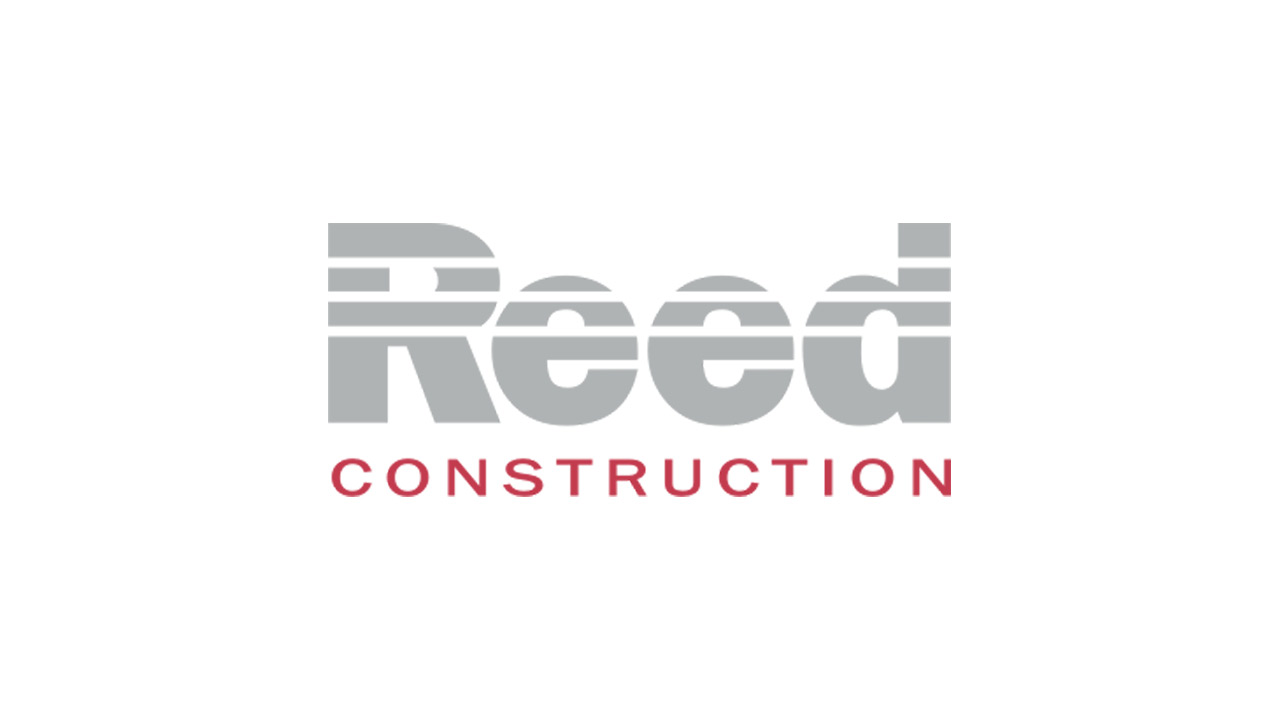6 Tips for Planning Smart Cannabis Facility Design
Interested in starting a business in the cannabis industry? Congratulations! This is an incredibly exciting time to get involved. Legalization is on everyone’s minds and the learning opportunities abound. One critical aspect of business ownership is intelligent cannabis facility design. Whether your interest lies in construction or renovation, a cannabis growing facility or a cannabis processing facility, here are six tips for astute intention.
-
Deliberate planning is essential.
Although it is tempting to carve a place in the market as quickly as possible, careful consideration of the right spot and the right kind of business is critical. Additionally, current and future regulations are important factors in design planning, as well as thought regarding potential for expansion. Smart cannabis facility design must also involve security prioritization. This point ties together and ensures code compliance, retention of employees and overall business success.
-
Minimize environmental impact.
First, know the laws and permitting structure around any kind of construction. When compliance is established, go above and beyond to reduce impact as this will bolster relations with the community. Some examples are energy reduction, waste management and protection of natural resources. Jason MacDonald, Director of Cultivation Operations at Native Roots, one of the largest cannabis producers in Colorado, notes: “our energy impacts are large, and we’re well aware that growing indoors is not the most sustainable way to do it, but it is the way to get final, quality product that people are looking for. So we have tried to make changes wherever we possibly can save power.”
-
Allow for flexibility.
Anyone who follows the industry knows how quickly regulations can change. Even in states with relatively long-established legalization, updates are often on lawmakers’ minds. One instance of this is when cannabis facilities must adjust from medicinal cannabis production, processing and sales, to recreational. Being initially prepared for this kind of transition will be more cost efficient than a complete retrofit. One free way to allow for flexibility is to give yourself plenty of time. Site searching and planning is best done without the pressure of an impending application process. Partnering with experts and planning a cannabis facility on your own timeline makes for best results.
-
Technology is part of the process.
Top-of-the-line technology is key when competing in the cannabis realm. For instance, an alarm clock and a handheld watering hose are not likely the best way to resourcefully grow quality plants or make an impression on clientele. In fact, an expanding number of facilities are moving away from hand watering to drip irrigation, in some cases, by utilizing moisture sensors to monitor conditions in real time. Research and communication with knowledgeable professionals will result in topnotch facilities equipped with the most proficient technology.
-
Plan for hitches.
Hidden or surprise obstacles are often expensive and destructive to schedules. Best planning practices for these hiccups include reserved funds and a cool head, as well as a second set of eyes to review plans, evolving regulations, and the market, whether it be for a cannabis growing facility, a cannabis processing facility or even a dispensary. This advice is also applicable once the business is up and running; some current, universal obstacles such as challenges in supply chain and weather are notable.
-
Optimize efficiencies.
Smart setup can save time, money and frustration levels. Thinking about the steps necessary in a day and eliminating doubling back or excessive circling is ideal in cannabis facility construction or renovation. One suggestion by Director of Cultivation Kevin Biernacki is to augment your facility by positioning the mother room across from the clone room to reduce employee walking distance.
“Lay everything out so it’s workflow efficient. Our mother room is directly across from our clone room, so people don’t have to walk across the building to take clones. Our trim rooms are right next to the dry room, which is right next to the cure room. Its simple workflow layout, but it’s surprising how many people have a drying room on the opposite end from where they’re trimming.”
These insights are just a few ways in which smart planning for your cannabis growing facility is beneficial. Above all else, a quality team is worth its weight in gold, especially when navigating the cannabis market and cannabis facility construction. Instead of contracting multiple companies, Canna Real Estate Group offers a range of commercial cannabis real estate, architecture, construction, financial consulting, and cannabis consulting services all in one place. Our goal is to optimize the experience for clients who are interested in avoiding costly, time-consuming and stressful mistakes. Contact us today for a free consultation.

